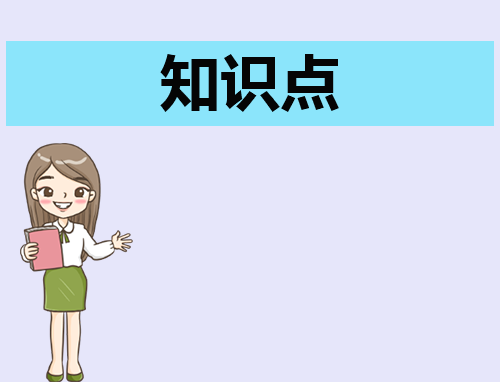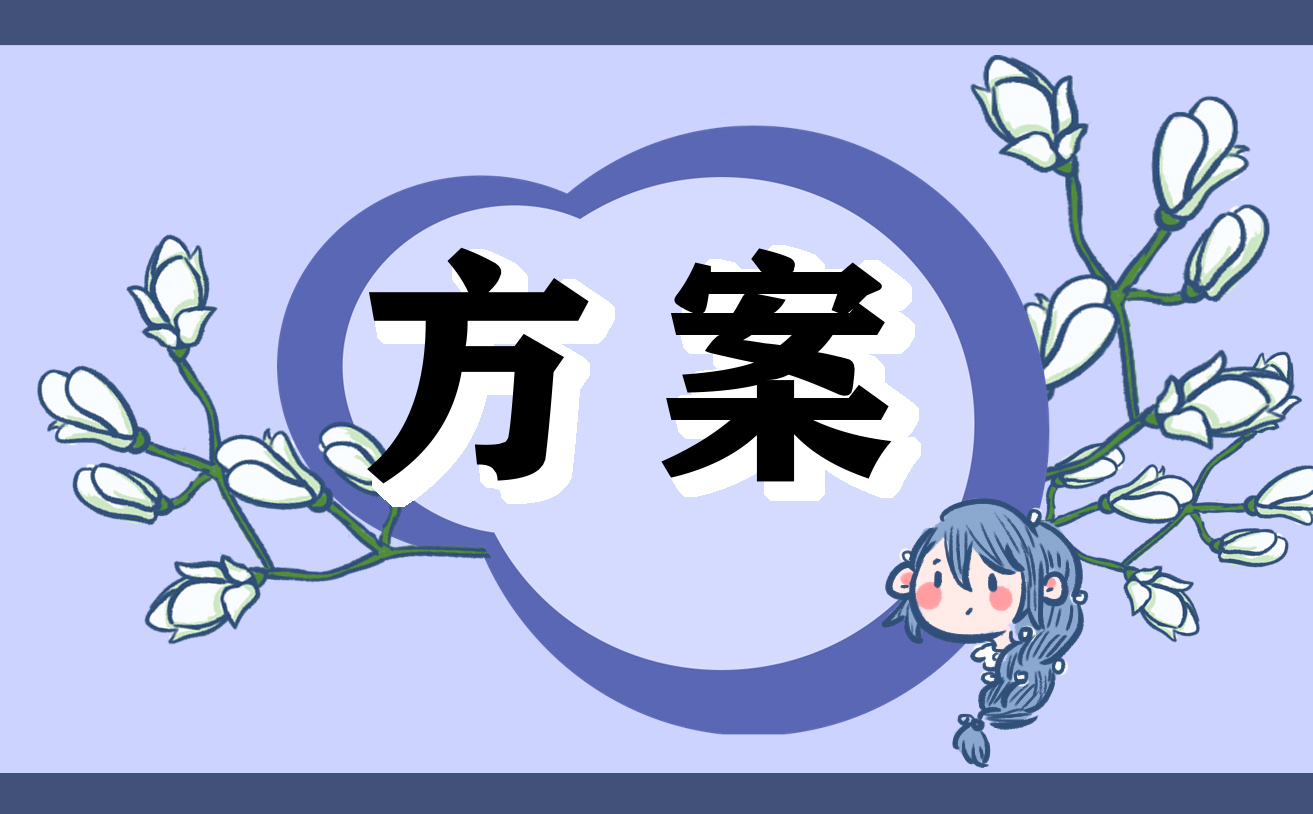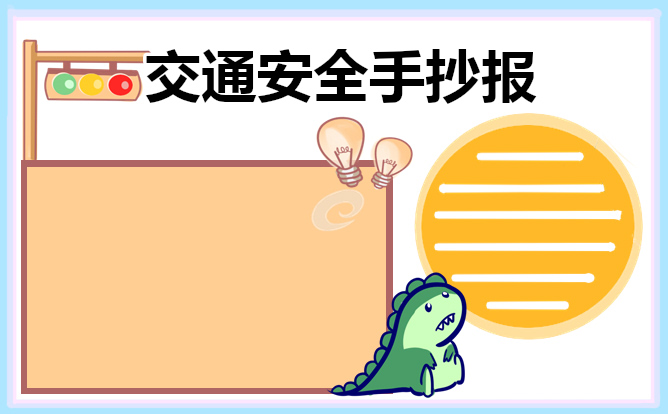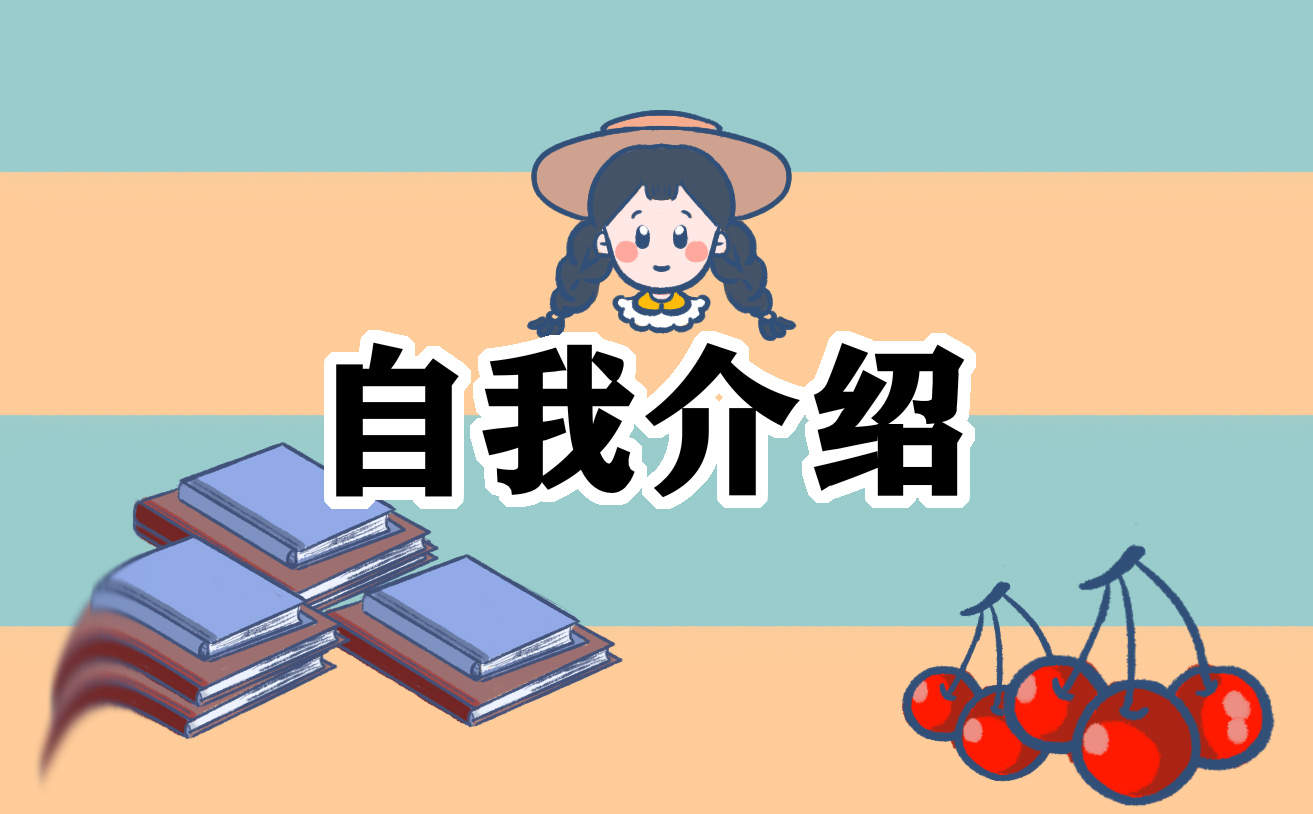初二上册英语语法知识点总结
初二上册英语语法知识点总结大全
在日复一日的学习中,是不是听到知识点,就立刻清醒了?知识点也不一定都是文字,数学的知识点除了定义,同样重要的公式也可以理解为知识点。为了帮助大家掌握重要知识点,下面是小编精心整理的初二上册英语语法知识点总结,欢迎大家分享。

初二上册英语语法知识点总结
【重点短语】
1. have a soccer game进行一场足球赛
2. fall ill病倒了
3. be a little far from…离……有点远
4. right away = at once立刻;马上
5. miss a good chance错过一个好机会
6. get/miss a goal得到/失去一分
7. shame on sb.为某人感到羞耻
8. do one’s best尽某人的力
9. say sorry to sb.对某人说抱歉
10. be sure to do sth.确定做某事
11. be angry with…生某人的气
12. with one’s help= with the help of sb.在某人的帮助下
13. serve food上菜
14. turn up/down…调高/低(音量)
15. keep sb. doing sth.让某人一直做某事
16. in a minute一分钟后;马上
17. on the phone在电话中
18. take a seat就坐
19. never mind不要紧
20. a lot of traveling一系列旅行
初二上册英语语法知识点总结大全
句子成分和类型
1.主语:句子所陈述的对象。
2.谓语:主语发出的动作。一般是有动作意义的动词。
3.宾语:分为动词宾语和介词宾语,属于动作的承受者。
4.系动词:表示状态或状态变化的动词,没有实际的动作意义。如be,感官系动词(look,sound,smell,taste和feel)、保持类系动词(keep,stay和remain)、状态变化类系动词(become、get、turn和go)等。
5.表语:紧跟系动词后面的成分。
6.定语:修饰名词或代词的成分。
7.状语:修饰形容词、副词、动词或句子的成分。
8.补语:分为宾语补足语和主语补足语。是对宾语和主语的补充说明,与其有主动或被动的逻辑关系。
例如:You should keep the room clean and tidy.
你应该让屋子保持干净整洁。
(You是主语,should keep是谓语,the room是宾语,clean and tidy是宾语补足语。)
This kind of food tastes delicious.
这种食物吃起来很可口。
(This kind of food是主语,tastes是系动词,delicious是表语。)
注意:主语、谓语、宾语、系动词、表语、补语是一个句子的主干成分;定语和状语是一个句子的修饰性成分,不是主干成分。
9.简单句的基本形式是由一个主语加一个谓语构成。
10.复合句由一个主句和一个或一个以上的从句构成。
11.两个或两个以上的简单句用并列连词连在一起构成的句子,叫做并列句,其基本结构是“简单句+并列连词+简单句”。
一般疑问句
一、不用疑问词,但需要用yes或no回答的疑问句,叫一般疑问句。句末用问号“?”。
一般疑问句的基本用法及结构一般疑问句用于对某一情况提出疑问,通常可用yes和no来回答,读时用升调。其基本结构是“be / have /助动词+主语+谓语(表语)”:
Is he interested in going?他有兴趣去吗?
Have you ever been to Japan?你到过日本吗?
Does she often have colds?她常常感冒吗?
Did you ask her which to buy?你问没问她该买哪一个?
二、陈述句变一般疑问句的方法
1.动词be的疑问式:动词be根据不同的时态和人称可以有am,is,are,was,were等不同形式,可用作连系动词(表示“是”、“在”等)和助动词(用于构成进行时态和被动语态等),但不管何种情况,构成疑问式时,一律将动词be的适当形式置于句首:句型:Be动词+主语~?
Is your father angry?你父亲生气了吗?
Yes,he is.是的,他生气了。
No,he isn"t.不,他没生气。
Were the babies crying last night?(进行时)
昨天晚上这些孩子们一直在哭吗?
Yes,they were.是的,他们在哭。
No,they weren"t.不,他们没哭。
Is English spoken all over the world?(被动语态)
全世界都说英语吗?
Yes,it is.是的。
No,it isn"t.不。
2.动词have的疑问式:动词have根据不同的时态和人称可以有have,has,had等形式,可以用作实意动词和助动词,分以下情况讨论:
①用作实意动词表示状态,如表示拥有、患病或用于have to表示“必须”等,在构成构成式时可以直接将have,has,had置于句首,也可根据情况在句首使用do,does,did:
Does he have [Has he] anything to say?他有什么话要说吗?
Do you have [Have you] to leave so soon?你必须这么早走吗?
Did you have [Had you] any friends then?他当时有朋友吗?
②用作实意动词表示动作,如表示“吃(=eat)”、“喝(=drink)”、“拿(=take)”、“收到(=receive)”、“度过(=spend)”等,构成疑问式时不能将have提前至句首,而应在句首使用do,does,did:
Does he have breakfast at home?他在家吃早餐吗?
Did you have a good time at the party?你在晚会上玩得高兴吗?
③完成时的一般疑问句
句型:Have(Has)+主语+动词的过去分词+~?
Have you known her since your childhood?
你从童年就认识她吗?
Yes,I have.是的。
No,I haven"t.不。
过去完成时的一般疑问句
句型:Had +主语+动词的过去分词+~?
Had he learned about two thousand English
words before he came here?
他来这里以前就已经学了大约两千个单词了吗?
Yes,he had.是的。
No,he hadn"t.不。
3.情态动词的疑问式:情态动词的疑问式通常是将情态动词置于句首:
句型:情态动词+主语+动词原形~?
Can you bring me some apples?
你能给我拿来些苹果吗?
Yes,I can.是的,可以。
No,I can"t.不,不可以。
Can you speak English?你会说英语吗?
Must I finish the work at once?我必须马上完成工作吗?
4.实意动词的疑问式:一般实意动词的疑问式,通常应根据不同时态和人称在句首加助动词do,does,did等:
句型:Do(Does,Did)+主语+动词原形~?
Do you go to school every day?你每天都上学吗?
Does the boy like dancing?这男孩喜欢唱歌吗?
Did you see the film last night?你昨晚看了这部电影吗?
Did he do morning exercises yesterday?
昨天他做早操了吗?
Yes,he did.是的,他做了。
No,he didn"t.不,他没做。
八年级下册英语语法知识点
【重点短语】
1、 fewer people 更少的人(fewer修饰名词复数,表示否定)
2、 less free time 更少的空闲时间(less修饰不可数名词,表示否定)
3、 in ten years 10年后(in的时间短语用于将来时,提问用How soon)
4、 fall in love with„ 爱上„
例:When I met Mr. Xu for the first time, I fell in love with him at once
当我第一次见到许老师,我立刻爱上他
5、 live alone 单独居住
6、 feel lonely 感到孤独(比较:live alone/go along等)
The girl walked alone along the street, but she didn’t feel lonely那女孩独自沿着街道走,但她并不感到孤独
7、 keep/feed a pet pig 养一头宠物猪
8、 fly to the moon 飞上月球
9、 hundreds of +复数 数百/几百(概数,类似还有thousands of; millions of)
10、 the same as 和„„相同
11、 A be different from B A与B不同(=There is a difference/Thgere are differences between A and B)
12、 wake up 醒来(wake sb. up表示 “唤醒某人”
13、 get bored 变得厌倦(get/become是连系动词,后跟形容词如tired/angry/excited等)
14、 go skating 去滑冰(类似还有go hiking/fishing /skating/bike riding等)
15、 lots of/a lot of 许多(修饰可数名词、不可数名词都可以)
16、 at the weekends 在周末
17、 study at home on computers 在家通过电脑学习
18、 agree with sb. 同意某人(的意见)
19、 I don’t agree. = I disagree. 我不同意
20、 on a piece of paper 在一张纸上(注意paper/information/news/work/homework/housework等常考到的不可数名词)
21、 on vacation 度假
22、 help sb with sth/help sb do sth 帮助某人做某事
23、 many different kinds of goldfish 许多不同种金鱼
24、 live in an apartment 住在公寓里/live on the twelfth floor 住在12楼
25、 live at NO.332,Shanghai Street 住在上海路332号
26、 as a reporter 作为一名记者
27、 look smart 显得精神/看起来聪明
28、 Are you kidding? 你在骗我吗
29、 in the future 在将来/在未来
30、 no more=not „anymore 不再(强调多次发生的动作不再发生)I’ll go there no more.
31、 no longer=not„ any longer 不再(强调状态不再发生)
32、 besides(除„之外还,包括)与except „but(除„之外,不包括)
33、 be able to与can 能、会
34.be big and crowded 大而且拥挤
34、 be in college 在上大学
35、 live on a space station 住在空间站
36、 dress casually 穿得很随意casual clothing 休闲服饰
37、 win the next World Cup 赢得世界杯 win award 获僵
38、 come true 变成现实
39、 take hundreds of years 花几百年的时间
40、 be fun to watch 看起来有趣
41、 over and over again 一次又一次
42、 be in different shapes 形状不同
43、 twenty years from now 今后20年
八年级英语语法知识点
形容词和副词
I. 要点
A. 形容词
1、 形容词的用法
形容词是用来修饰、描绘名词的,通常在句中作定语、表语或宾补,有时还可作状语。如:
He is honest and hardworking.
I found the book interesting.
某些形容词与定冠词连用表示一类人作主语时,谓语通常用复数形式。如:
The rich and the poor live in different parts of the city.
The English like to be with their families.
多个形容词作定语修饰名词的顺序:
冠词+序数词+基数词+性质状态(描述性)+形状大小+新旧老少+颜色+国籍+材料+名词。如: the second five interesting big new red Chinese wall papers.
2、 形容词比较等级的形式
(1) 规则形式
一般说来,单音节词及少数双音节词在后加-er; --est 来构成比较级和最高级;其他双音节词及多音节词在前加more, most.如:
great-greater-greatest
busy-busier-busiest
important-more important-(the)most important
(2) 不规则形式
good (well)-better-best
bad (ill)-worse-worst
many (much)-more-most
little-less-least
(3) 形容词比较等级的用法
①表示两者的比较,用形容词的比较级+than. 如:
He is cleverer than the other boys.
This one is more beautiful than that one.
②表示两者以上的比较,用"the +形容词最高级(+名词)+of(in) …"如:
He is the cleverest boy in his class.
③表示两者是同等程度,用"as +形容词原级+as". 如:
He is as tall as I.
I have as many books as you.
④ 越… 越…
例如:The more I learn, the happier I am.
⑤ You can never be too careful. 越小心越好
又如:You can never praise the teacher too highly.
你怎么赞扬这个老师也不过分。
⑥ I have never spent a more worrying day.
那一天是最令我担心的一天。
I have never had a better dinner.
这是我吃过的最好的一顿饭。
⑦ My English is no better than yours.
我的英语和你的英语都不怎么样。
B.副词
1、 副词的种类
(1) 时间副词 如:ago, before, already, just, now, early, late, finally, tomorrow等
(2) 地点副词 如:here, there, near, around, in, out, up, down, back, away, outside等。
(3) 方式副词 如:carefully, angrily, badly, calmly, loudly, quickly, politely, nervously等。
(4) 程度副词 如:almost, nearly, much, greatly, a bit, a little, hardly, so, very等。
2、 副词比较等级的用法
其用法与形容词相似,只是副词最高级前可省略定冠词。如:
Of all the boys he sings (the) most beautifully.
We must work harder.
3、 某些副词在用法上的区别
(1) already, yet, still
already表示某事物已经发生,主要用于肯定句;yet表示期待某事发生,主要用于否定句和疑问句;still表示某事还在进行,主要用于肯定句和疑问句,有时也可用于否定句。如:
We've already watched that film.
I haven't finished my homework yet.
He still works until late every night.
(2) too, as well, also, either
too, as well和 also用于肯定句和疑问句,too和as well多用于口语,一般放在句末,而also多用于书面语,一般放在句中与动词连用。either用于否定句和否定的疑问句,往往放在句末。如:He went there too.
He didn't go there either.
I like you as well.
I also went there.
(3) hard, hardly
hardly意为"几乎"与hard在词义上完全不同。如:
I work hard every day.
I can hardly remember that.
(4) late, lately
lately意为"最近、近来",late意为"晚、迟"。如:
He never comes late.
Have you been to the museum lately?
例1 Tom's father thinks he is already ____
A high enough B tall enough
C enough high C enough tall
解析:该题正确答案是B。修饰人高用tall, 而建筑物的高用high,并且enough修饰形容词要放在形容词后面。因此该题选B。
例2 ____ the worse I seem to be.
A When I take more medicine
B The more medicine I take
C Taking more of the medicine
D More medicine taken
解析:该题正确答案为B。"the+形容词比较级+… , the +形容词比较级+…"意为越…,越…。该句意为:吃的药越多,我的病越是加重。
例3"I haven't been to London yet".
"I haven't been there ____".
A too B also C either D neither
解析:该题正确答案为C。A和B都用于肯定句中。D-neither本身意为否定"两者都不",而C-either则用于否定句中,意为"也"。
例4 Mr Smith was ____ moved at the news.
A deep B deeply C very deep D quite deeply
解析:该题正确答案为B。A. deep用于副词时,修饰具体的深,如dig deep,而B-deeply则修饰表示感情色彩的词,如该题为deeply moved.另如deeply regret等。而D-quite和deeply均为副词,不能互相修饰。
人教版八年级上册英语语法
Grammar:特殊疑问句:wh-questions:what,who,where,when,which,whose,why,whom等。
特殊疑问句的构成及用法:
1、结构:特殊疑问词+一般疑问句,即:特殊疑问词+be/助动词/情态动词+主语+谓语/表语(+其他)
疑问代词:
1)Who:谁。做主语,用来指人Whoistheboyunderthetree?
2)Whom谁,做宾语,用来指人Whomareyouwritingto?
3)Whose谁的,用来指所属关系,如果做定语,一般后接名词Whosepenisthis?
4)Which哪个,哪些,用来指对人或物在一定范围之内进行选择Whichgirlswillbeinthesportsmeeting?
WhichpenisLily’s?
5)What什么,通常指物,也可指人,一般用在没有指出范围的情况下Whatcanyouseeinthepicture?Whatareyoudoingnow?
疑问副词:
1)When:何时,询问时间Whenwillshecomeback?
2)Where何地,询问地点,Wheredoyoucomefrom?
3)Why为什么,询问原因,Whyareyoulateforschool?
4)How如何,询问手段、方式、工具以及程度等
Howdoyouusuallygotoschool?
5)Howold多大,询问年龄,HowoldisJim’slittlebrother?
6)Howmany/much多少,询问数量
Howmanybirdsarethereinthetree?
7)Howfar多远,询问距离,
Howfarisitformyourhometoschool?
8)Howlong多长,多久,询问时间的长度或距离
HowlongwillyoustayinBeijing?
9)Howoften多长时间按一次,询问频率
Howoftendoyougotoseeyourgrandparents?
10Howsoon多久,询问时间Howsoonwillyoucomeback?
频率副词:表示动作发生的频率,never,hardlyever,sometimes,often,usually,always.





